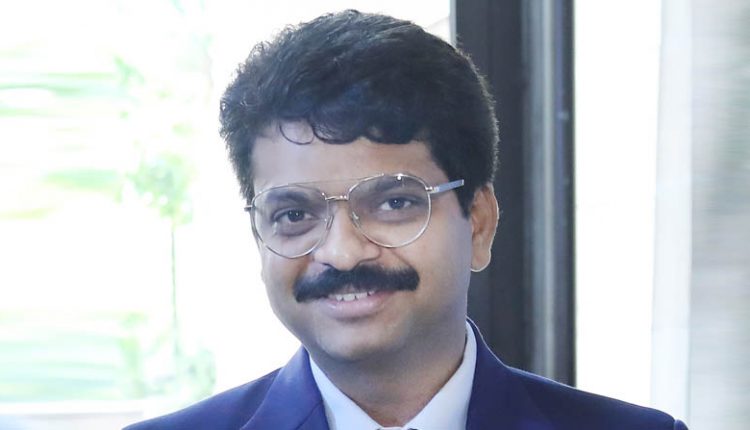‘CME essential for maintaining quality of doctors’
With the advancing healthcare scenario, CME becomes essential for maintaining the quality of doctors at every level of the healthcare ecosystem, informs Kamal Narayan Omer, CEO, IHW Council, to Akanki Sharma
What led you to quit your career in journalism and establish IHW Council?
Journalism gave me an opportunity to explore various facets of life across strata of the society, and this experience brought me closer to health-related discourse and experience in public life. During the time, a spirit for entrepreneurship and an increasing passion for health issues drove me towards creating initiatives for advocacy and awareness on health-related matters. The Integrated Health and Wellbeing (IHW) Council came into being as a think tank working to drive critical thinking and solutions through multi-lateral engagement, publishing and education, health communication, campaign and events, consultancy and other domains, especially in the health space. Our endeavours are to engage with everything connected to health and well-being of human enterprise and existence.
What is the current status of continuing medical education in India?
CME is not necessarily organised in Universities and Colleges, but is hosted by medical societies, hospitals, councils, etc. As per the code of ethics which was earlier established by Medical Council of India, every member should complete 30 hours of CME in every five years. Some developed countries have made around 200-credit hours mandatory. With the advancing healthcare scenario, CME becomes essential for maintaining the quality of doctors at every level of the healthcare ecosystem. A focussed push to the industry would also mean creation of more jobs that are engaged to imparting CME. Apart from the programme coordinators, subject matter experts, CME managers, and so on, growth in the industry will open avenues for technical roles for software developers, designers and others.
What, according to you, are the major issues that need to be addressed in the sector of medical education and how can those be resolved?
There are several issues that need attention not only from the government, but from all sectors. The recent passing of NMC bill is a welcome step from the government, as this has definitely brought the upskilling of medical workforce to forefront as one of the key issues. I see this development positively because we can now have a raging debate on one of the vital subjects related to health which was on the back burner for years now. The other issues include mapping ways and means to increase penetration of CME in the Indian healthcare systems in tier II cities and below, making CME affordable and accessible, encouraging more players in the industry, and reformulating CME certification guidelines.
How far are people aware of CME? Any message for those who work in this segment?
The public is generally not aware whether the doctor who is treating them is updated with the latest in the medical world. This is why periodic CME certification should be made mandatory. There is definitely room for more awareness and education to the general masses and to the industry.
We should continue to further CME efforts, recognise the impact makers and open avenues to conduct more discourse and push for action. Keep up the good work is what I will convey to those working in the segment.



